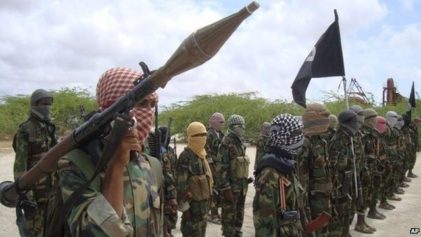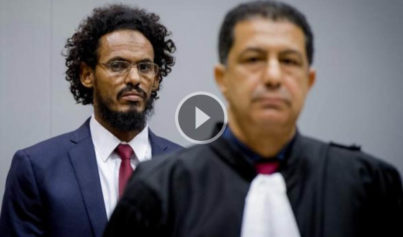In the West African republic of Mali, a new Islamic state has been formed in the northern region. This is the result of an agreement between two rebel groups that had previously taken over the area in March. Ansar Dine, an Islamist group with ties to al-Qaeda, pressured secular rebel group Tuareg MNLA into signing an accord to establish joint control of the area. “The Islamic Republic of Azawad is now an independent sovereign state,” MNLA commander Col Bouna Ag Attayoub told BBC News.
Northern Mali was lost to the rebels during the days following a March coup staged by the Mali military. Led by Captain Amadou Sanogo, the military seized power and forced former president Amadou Tourmani Toure out of office. Toure had been accused of allowing the rebels to destabilize the country. Pressure from the Economic Community of West African States (ECOWAS) soon came in the form of a blockade and economic restriction, forcing Sanogo to step aside for interim president Dioncounda Traore and an interim government.
The situation in the north is a new complication for a nation attempting to re-stabilize. Sanogo has been accused of using the northern rebellion to deflect attention from Mali’s governmental woes, telling the New York Times, “We should forget a little the Committee, the Parliament, the Constitution — that can wait. The serious topic, it’s the north. That’s the most important.”
Some 300,000 people have fled northern Mali since the rebels seized complete control in March. The interim government has hardly been able to function, and Traore is currently in France receiving medical treatment after supporters of the coup stormed the president’s office and beat him unconscious on Monday. Sanogo’s military forces are rumored to have allowed the incident to occur. ECOWAS has revealed plans to send 3,000 troops to help quash the rebellion, but no time frame has been announced.
Mali’s struggles are beginning to resemble the struggles that Afghanistan went through before and during its occupation by the United States. The on-going coup and rebellion have yet to garner as much attention outside of the region, and international intervention seems unlikely at this time.


